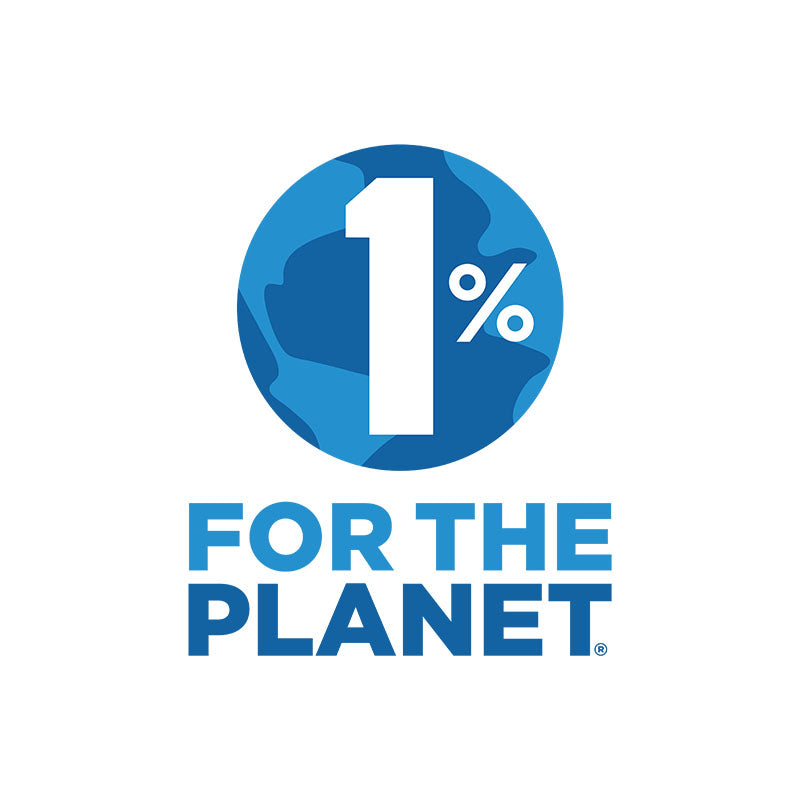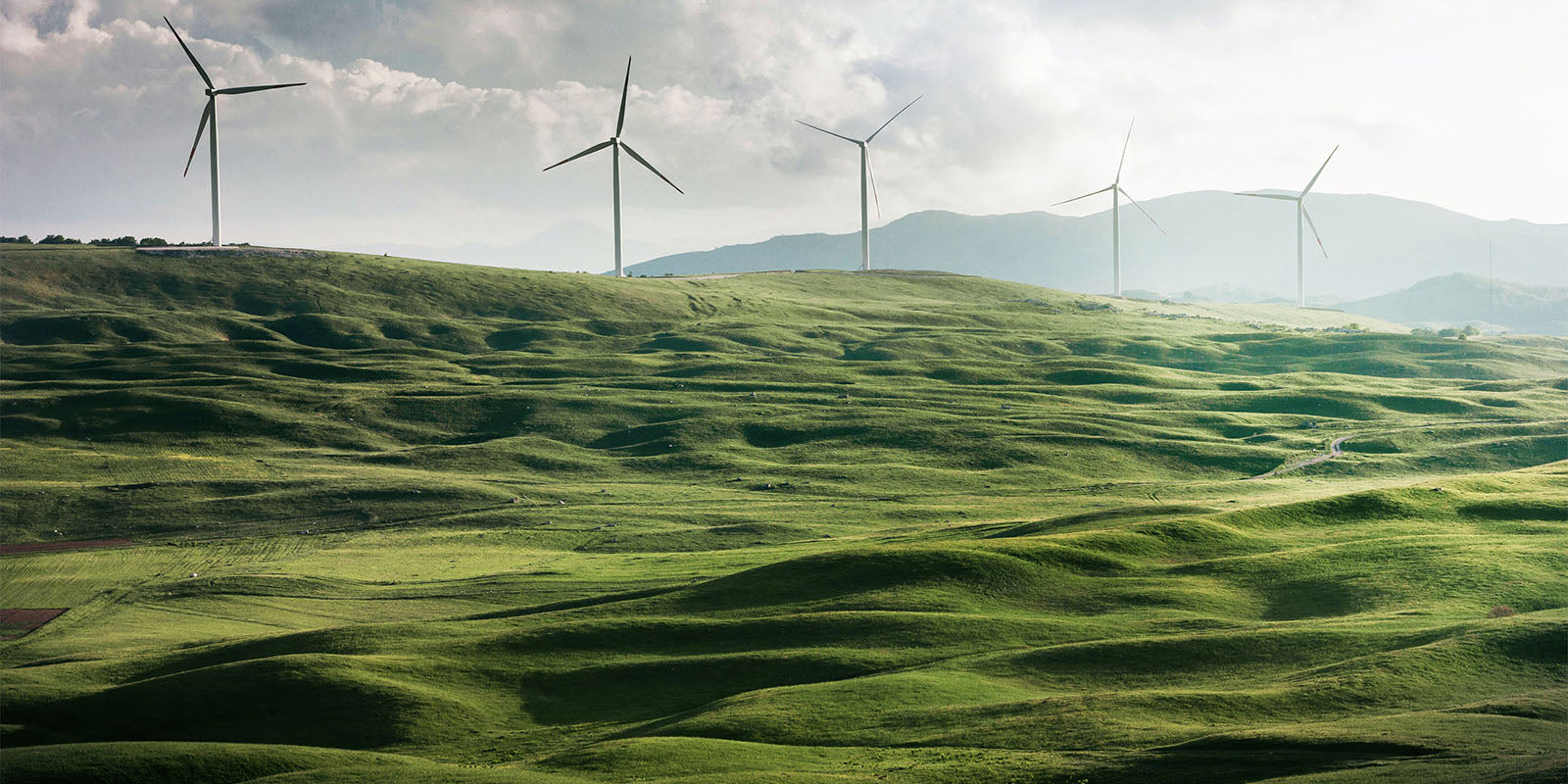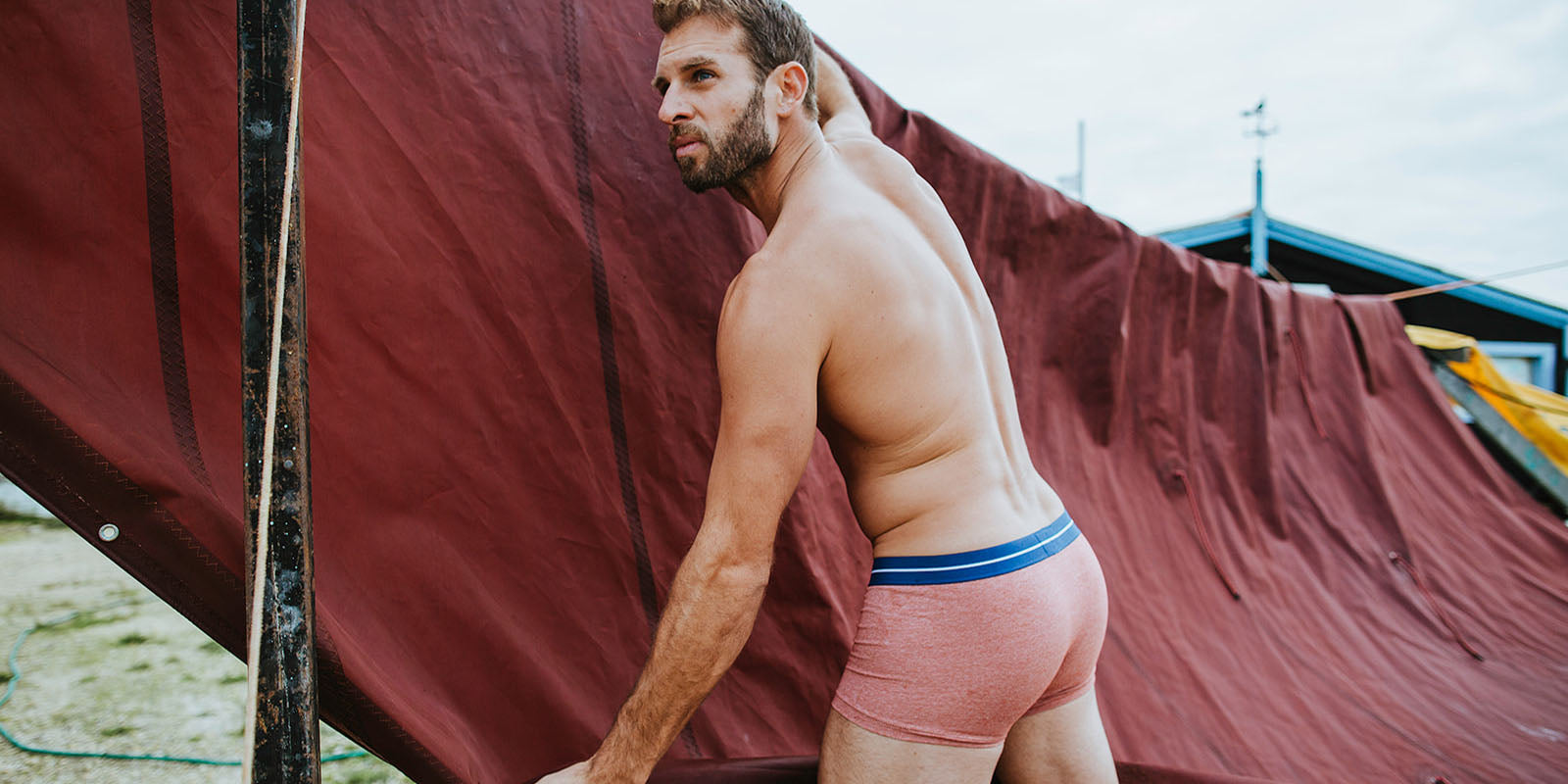BLUEBUCK'S philosophy has always been to design and produce premium underwear, t-shirts, socks and swim shorts with the lowest carbon footprint possible.
We try to minimise our carbon emissions at each and every stage of production.
We choose materials that have a lower climate impact - organic cotton and fibres from recycled marine plastic, for instance.
But that's just the start...
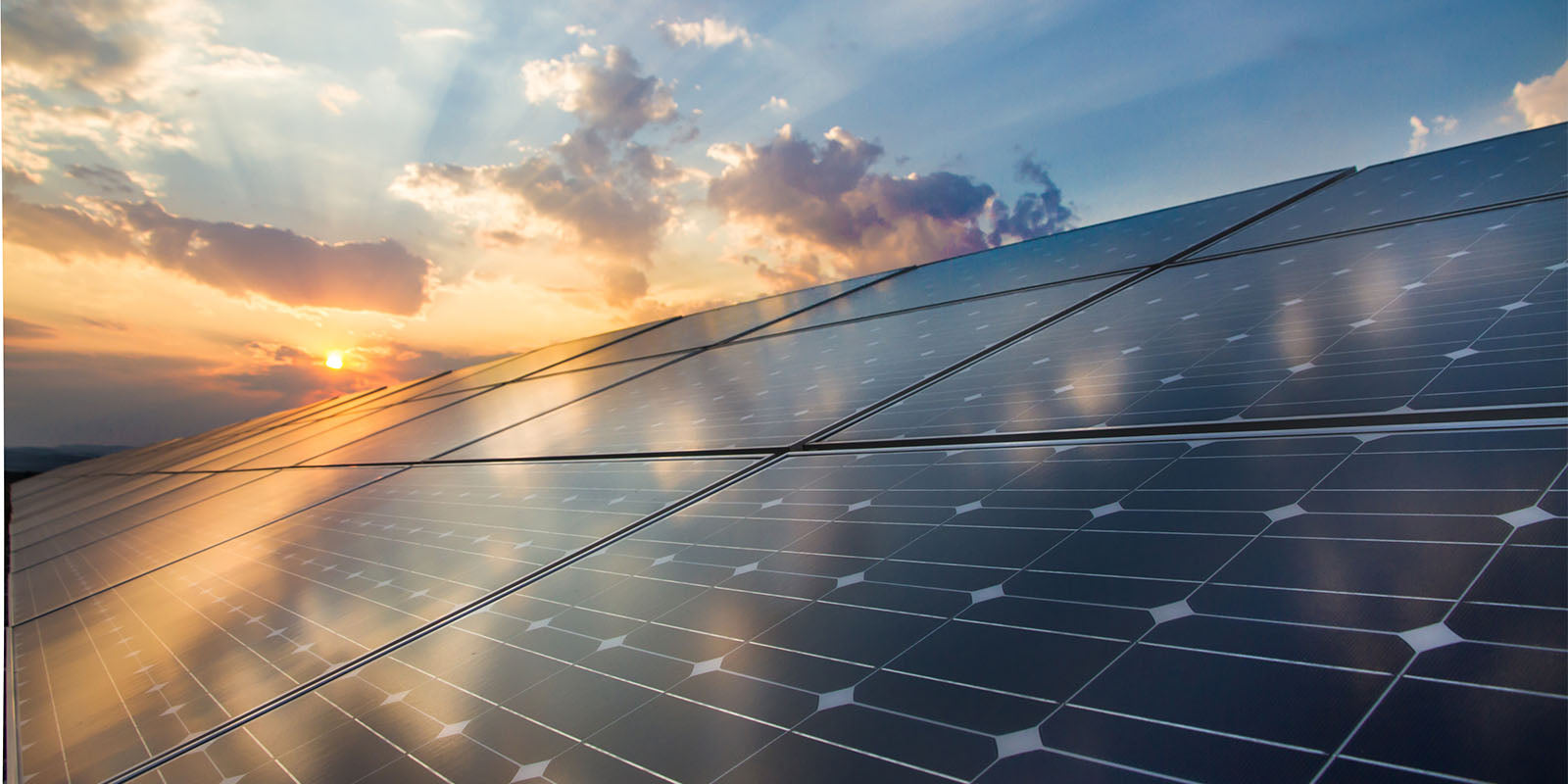
We Are Renewable
At all the different production stages, we follow a simple idea: to partner with suppliers in countries that can offer us as much renewable energy as possible.
That's why we first set our eyes on Portugal.
On average, nearly 70% of the electricity generated there comes from renewable sources.
Our main Portuguese factory is actually powered by 100% green electricity. Our fabric supplier has solar panels installed on their roof and our dyeing house is about to do the same - these panels will supply half of their energy needs.
We also work with a factory in Austria that makes the elastic waistbands for our organic cotton underwear collections.
There, the share of renewables is even higher, at an impressive 80%.
That mostly comes from hydro-electricity – big thanks to the Alps and their rapid rivers and dams for that - but also from wind and solar power.
As a result, the electricity generated in Portugal and Austria has a low carbon emissions intensity (emissions of CO2 per unit of kWh).
It's certainly a lot lower than the electricity generated in other textile industrial centres in, say, Asia. Or even in certain European countries (think Poland, for example) where they still rely heavily on coal for their power.
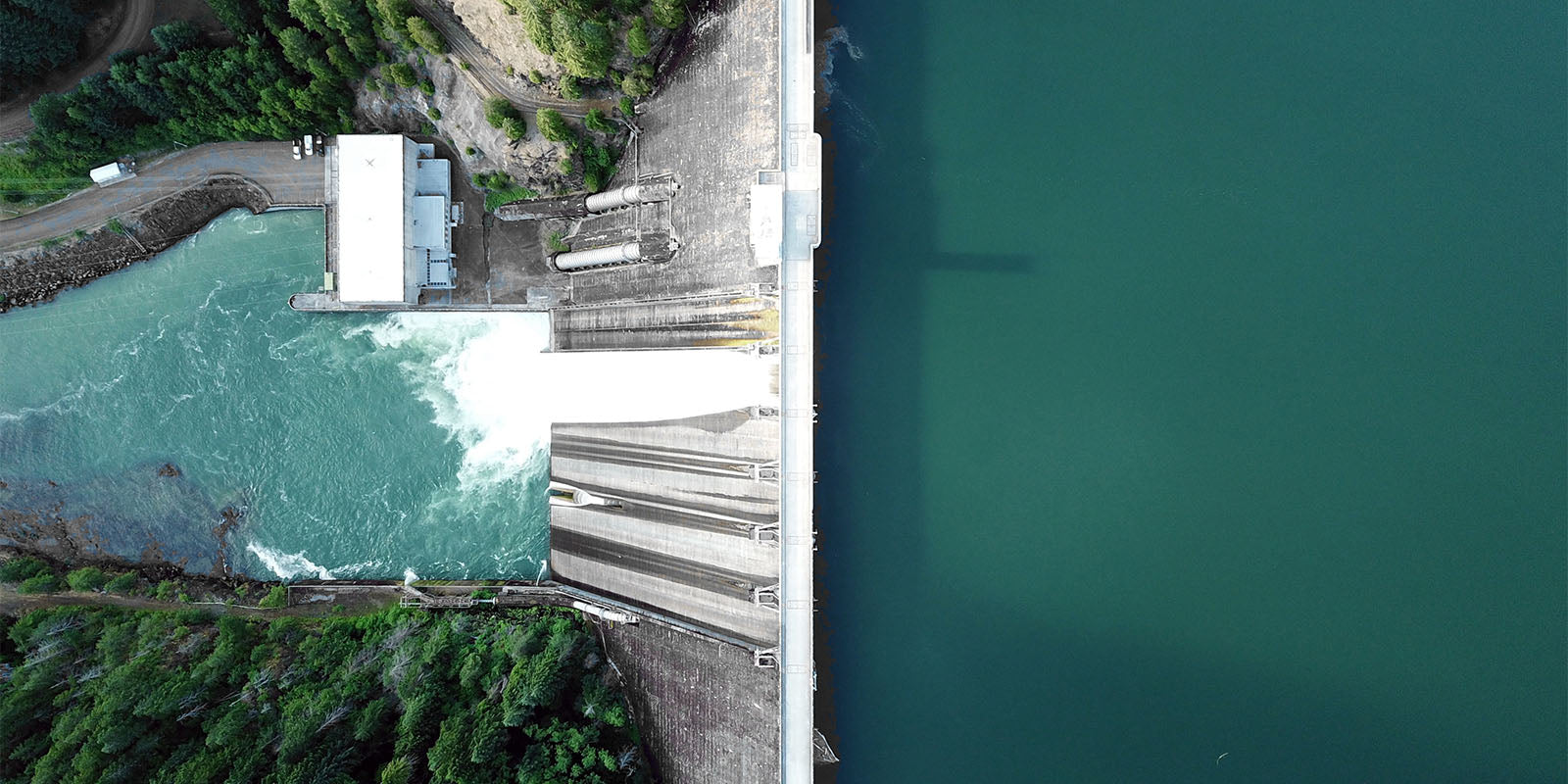
We are ambitious
But we are not resting on our laurels.
We want to halve our current carbon emissions within the next three years.
It's an ambitious target, but we're going to leave no stone unturned to try and reach it.
- We will work with all of our suppliers to increase their use of solar panels
- We're investigating each and every way we can reduce our energy consumption
- We're committed to using even more recycled fibres
- We will innovate, using new fibres and new processes, such as natural dyes.
To guide us along the way, we will conduct a Life Cycle Analysis, with the help of an external auditor, to calculate our full carbon footprint.
By calculating the actual emissions at every stage of production - both before and after any changes to our processes – we can accurately measure the progress we are determined to make.
We Aren't Climate Neutral
At BLUEBUCK, we don’t pretend to be climate neutral.
Lots of companies do, though.
To be climate neutral, a company only has to purchase carbon offsets (aka carbon credits) from a provider that then spends the money on green investments, like renewable energy projects or tree planting.
But there's a problem with this approach.
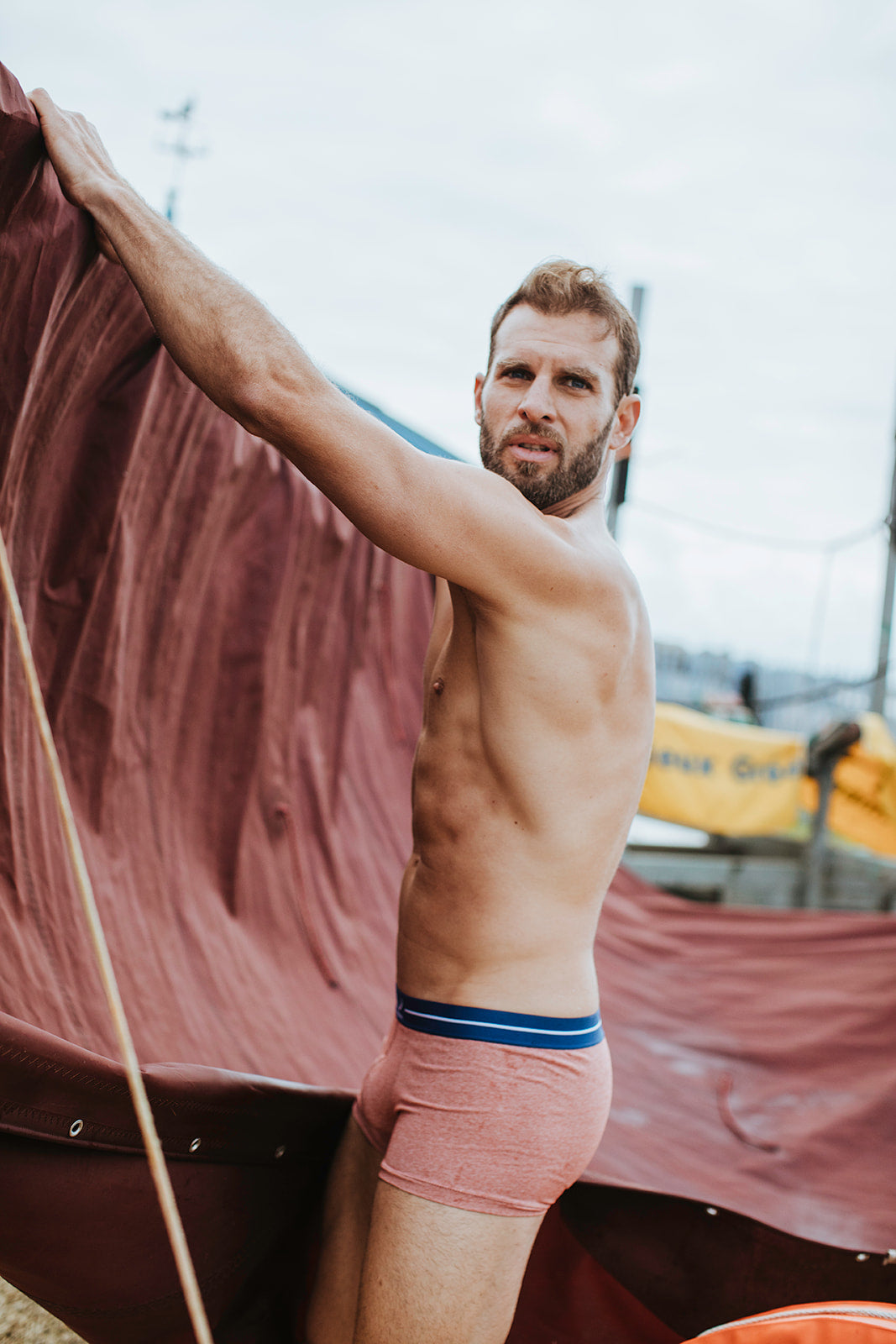
The offsets don't remove CO2 from the atmosphere right now, it's more of a promise that less CO2 will be emitted later – much later, sometimes.
That reminds us of what the Catholic Church did during the Middle Ages, selling indulgences to sinners who paid to offset their bad deeds. Their conscience, and their route to Heaven, was magically made clear.
So the whole climate neutral scheme could actually be called 'burn now, pay later'.
As a result, companies aren't incentivised to reduce their emissions immediately – future compensations (pledged on paper) are enough to do the trick.
Look, we're not saying that spending money on wind turbines or reforesting is not a good investment. Far from it.
But that doesn't absolve us from working to reduce our emissions right now.
And it should not be called climate neutrality.
Real carbon neutrality doesn’t exist, unless you're a hermit living your best life in a forest or cave.
But We Are Committed To Change
Now we've got that climate neutrality stuff off our chest, let's just say that we do strongly back key organisations dedicated to climate change issues.
We donate money to those groups and we also work alongside them.
We are, for instance, a member of the 1% for the Planet organisation. And we've formed a partnership with the SEAQUAL INITIATIVE. We know it's only a small contribution. We know it's a massive problem. But we're determined to help in any way we can.
